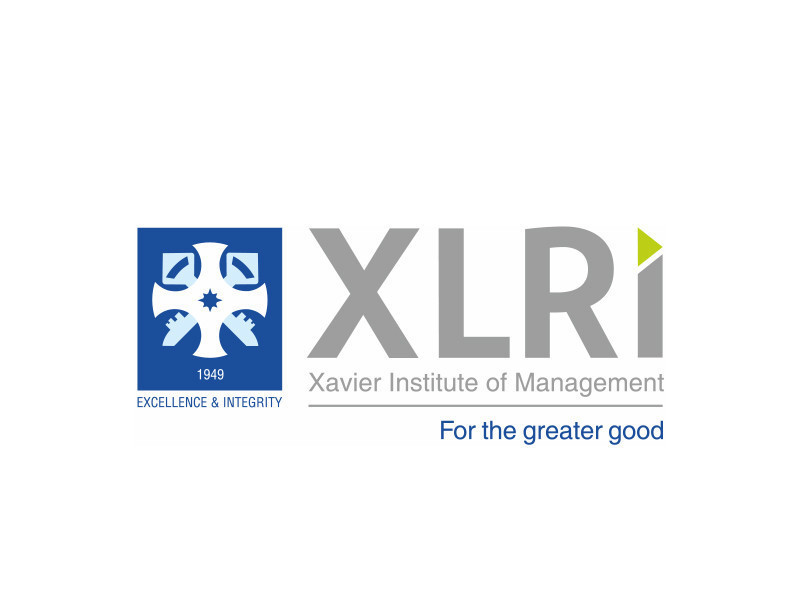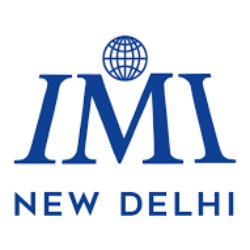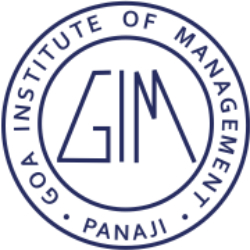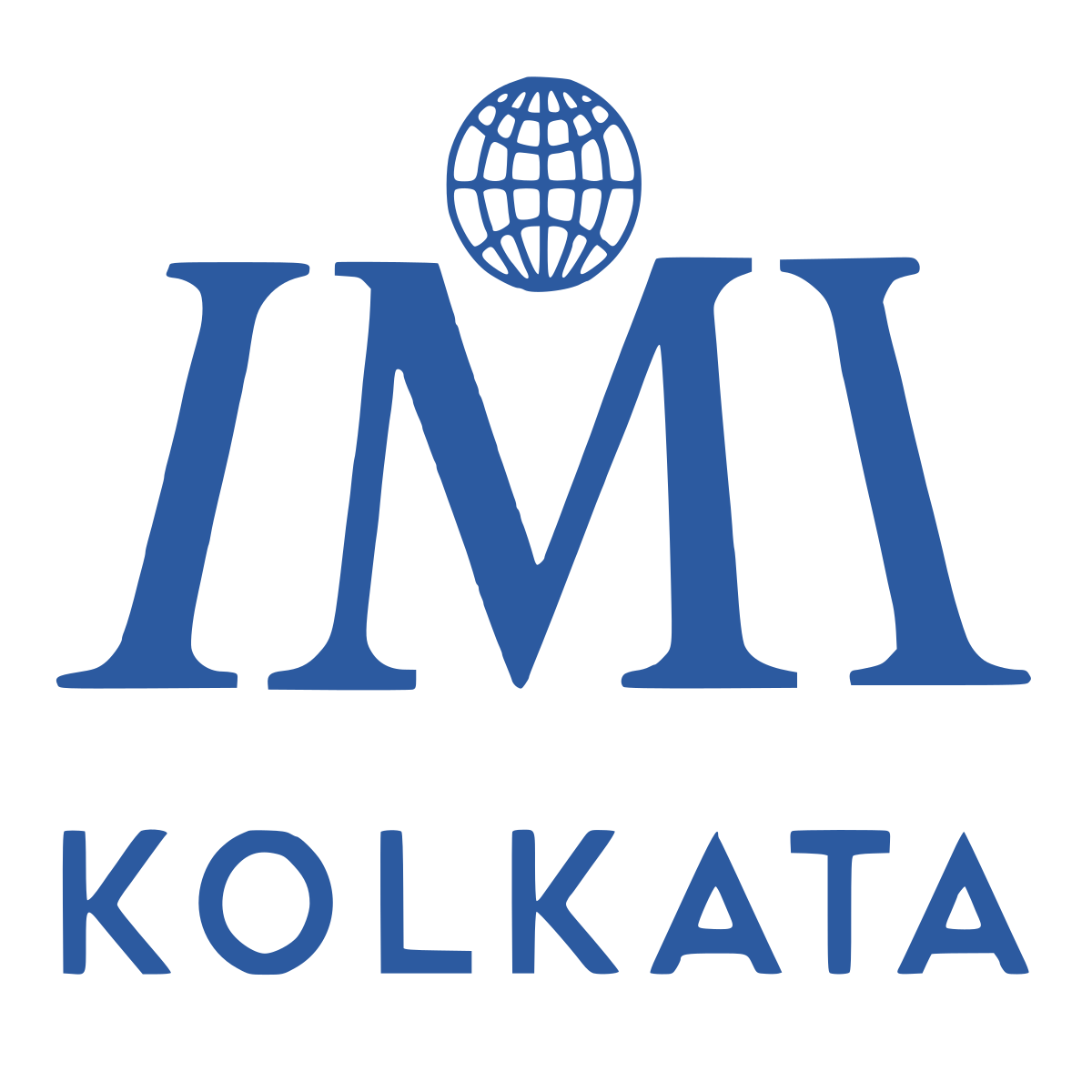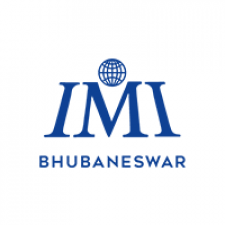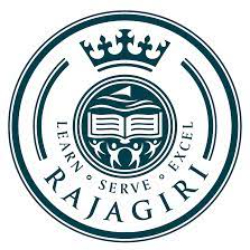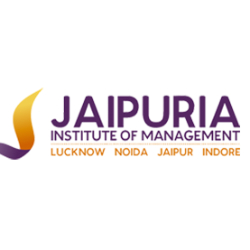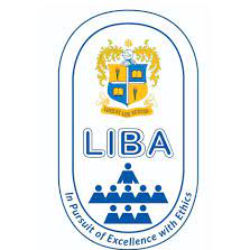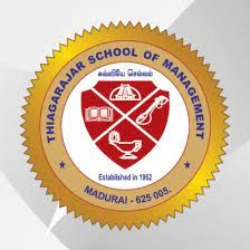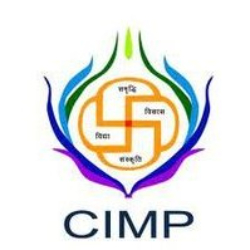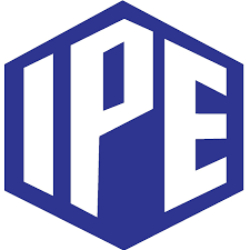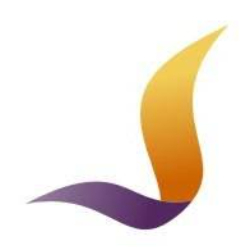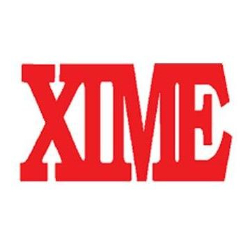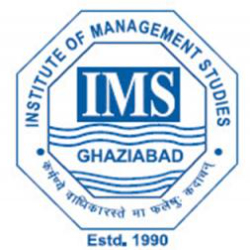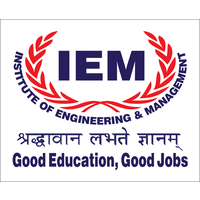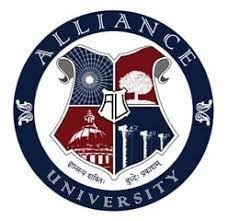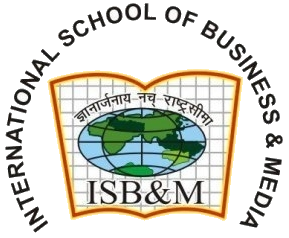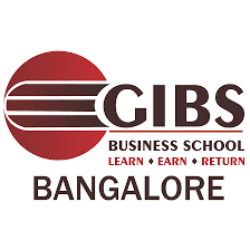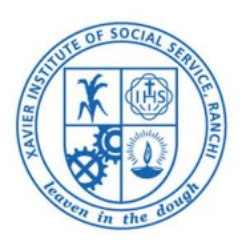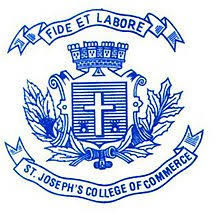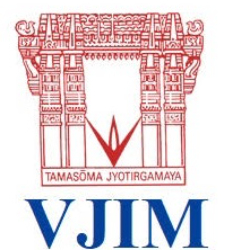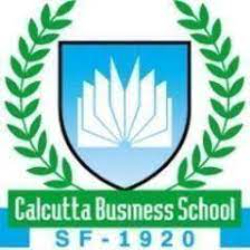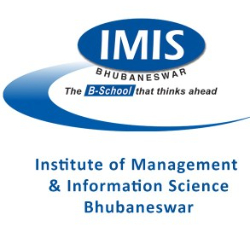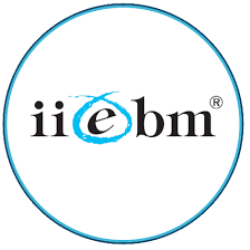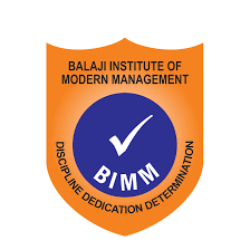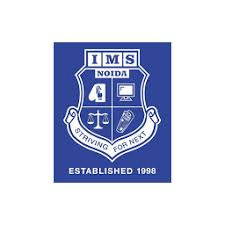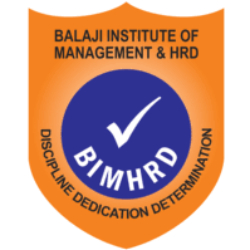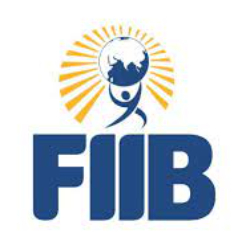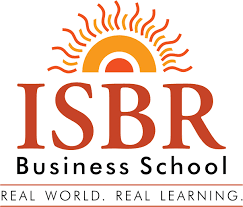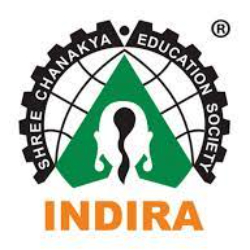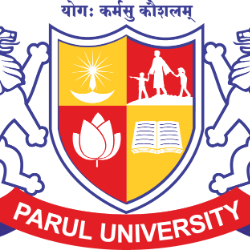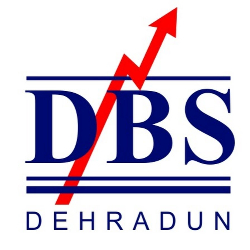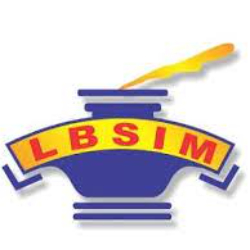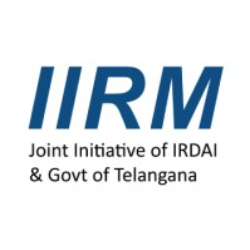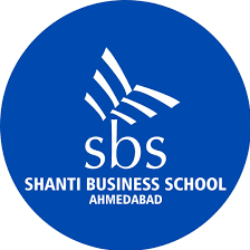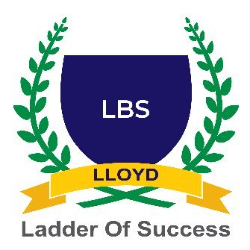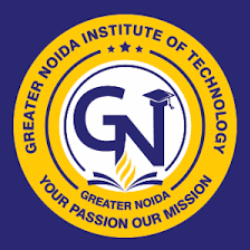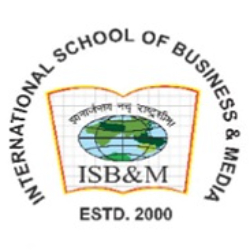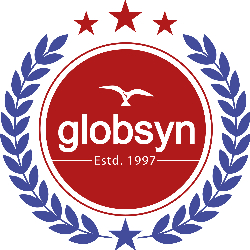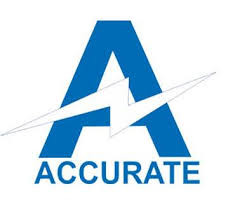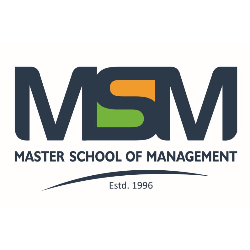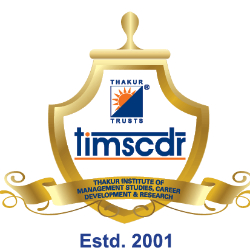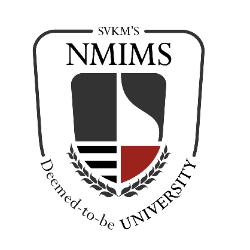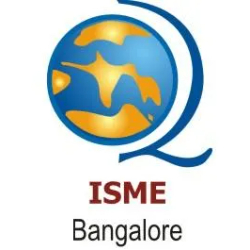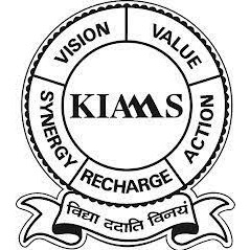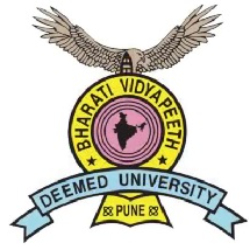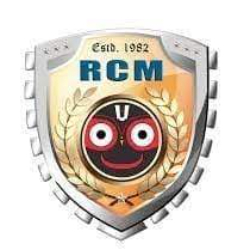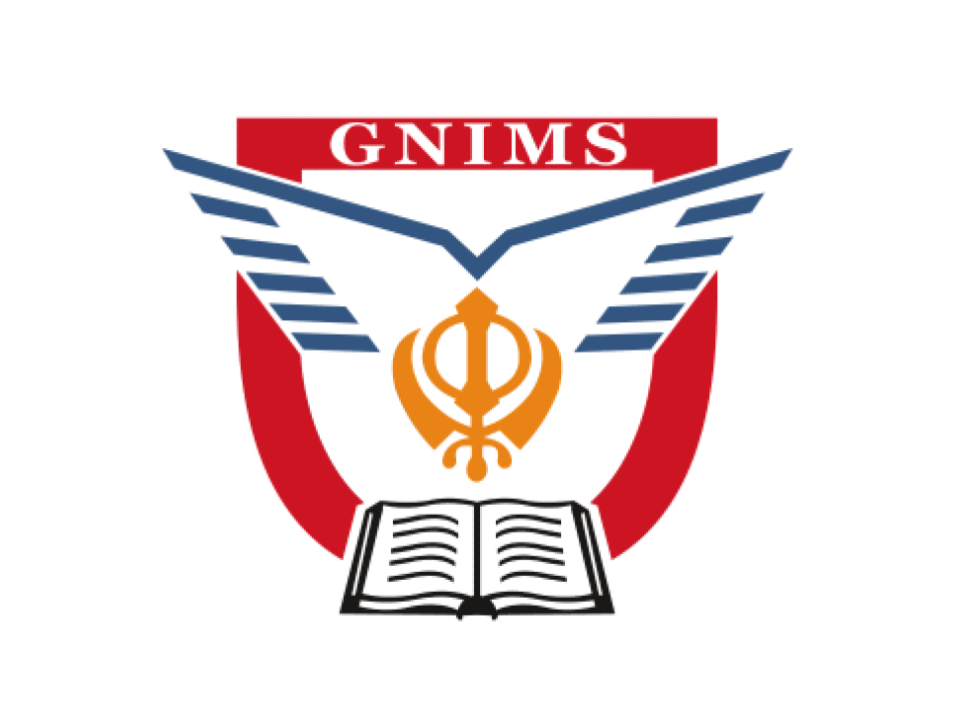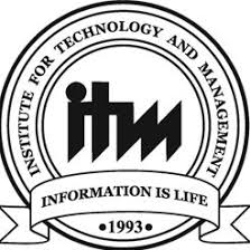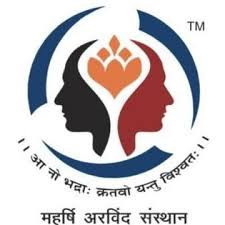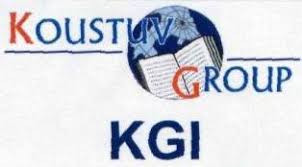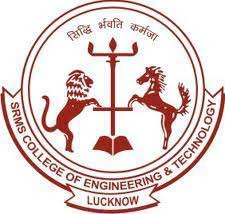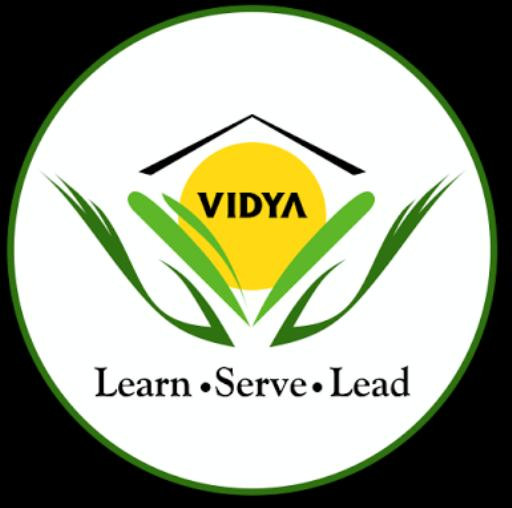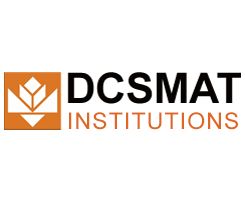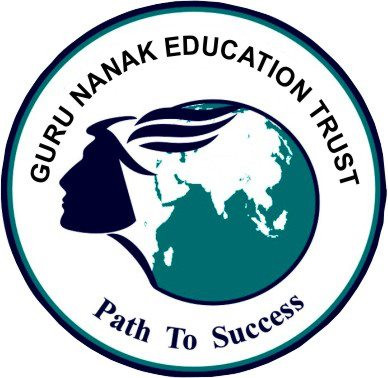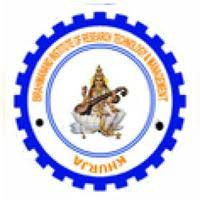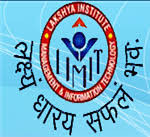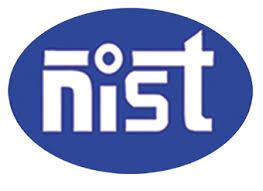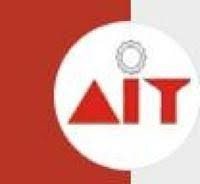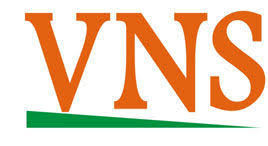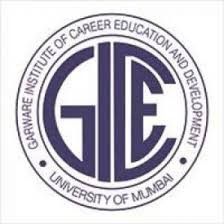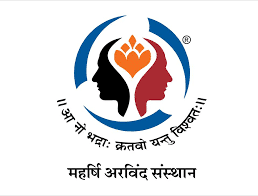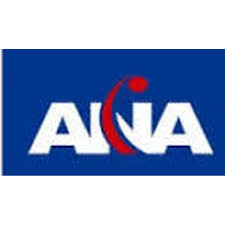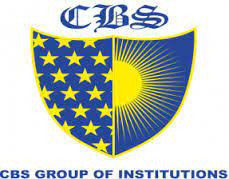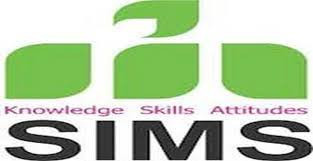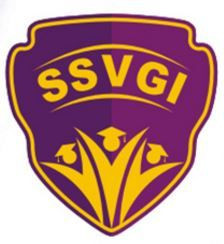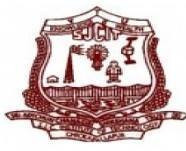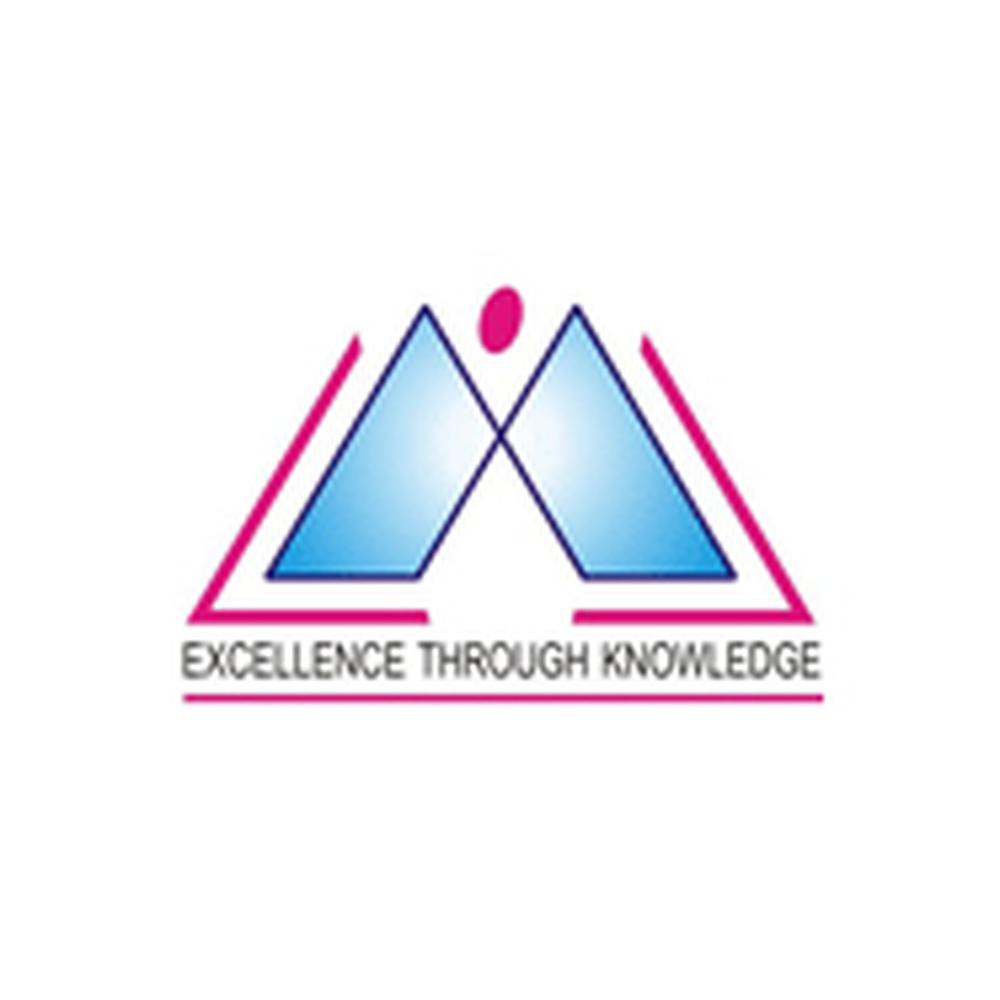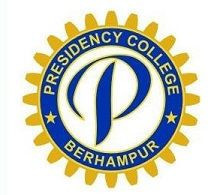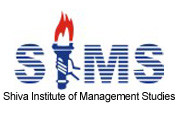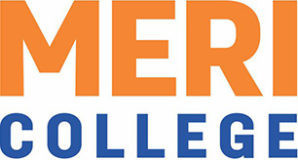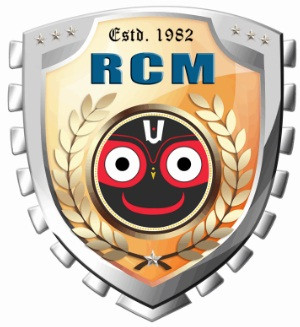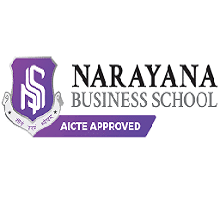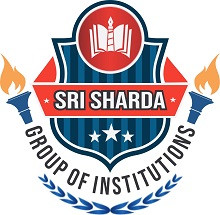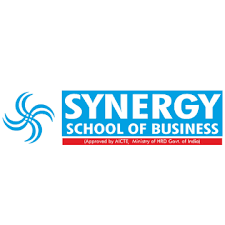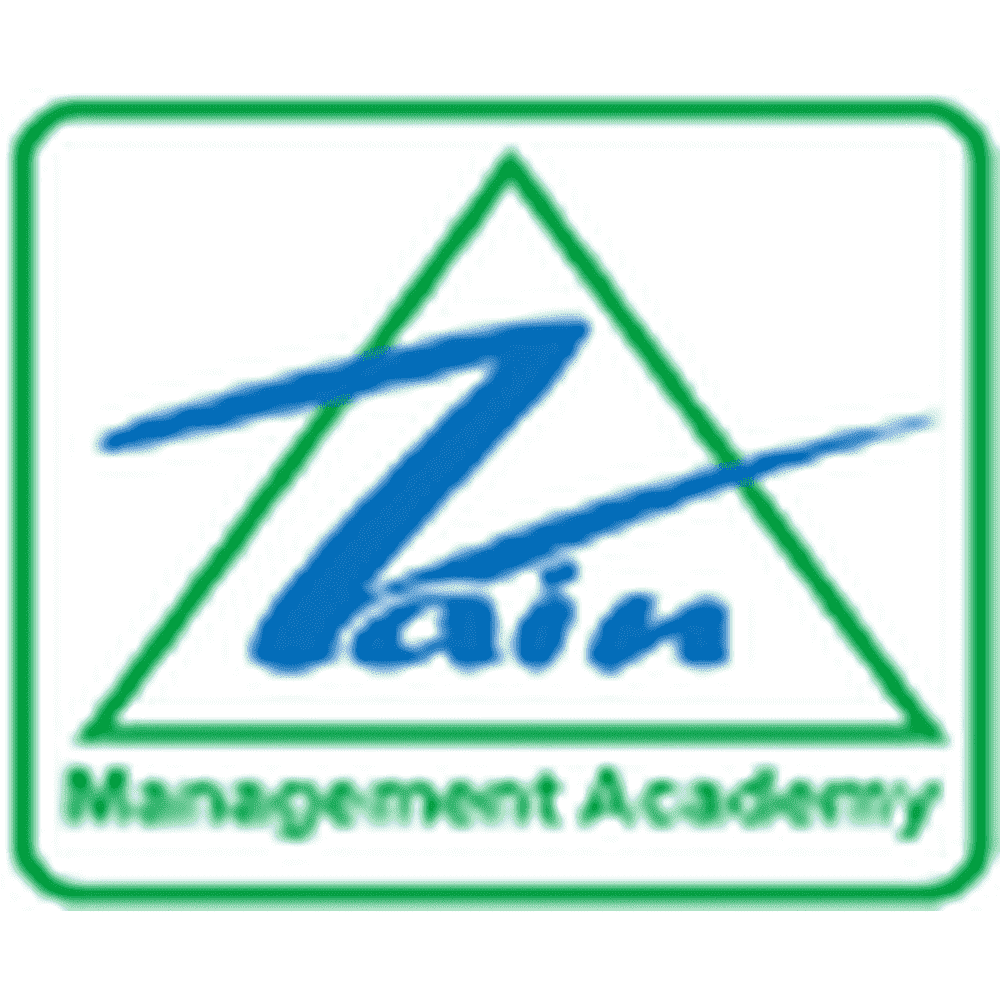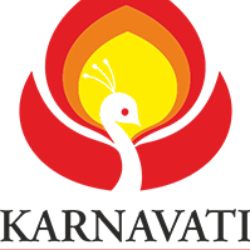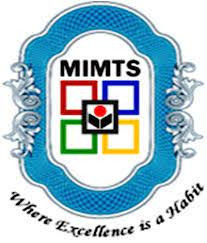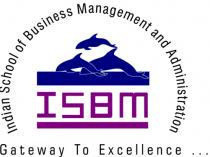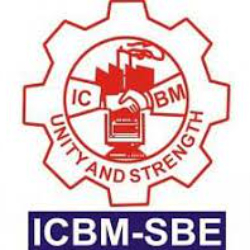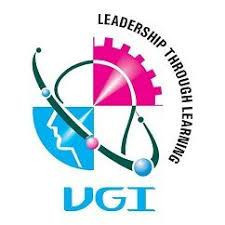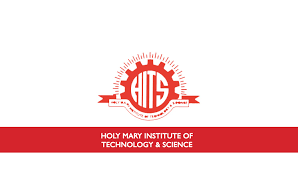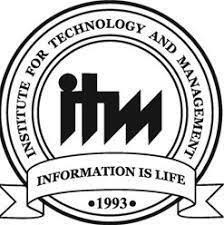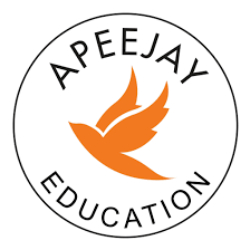Highlights: -
|
Diploma Name |
Post Graduate Diploma in Human Resource Management |
|
Level |
Postgraduate |
|
Diploma Duration |
1 - 2 years, depending on the institute. |
|
Education Mode |
Full time, Distance |
|
Entrance Exams |
CAT, XAT, GMAT, SNAP, NMAT, CMAT, KMAT, ATMA, MAT, IIFT. |
|
Eligibility Criteria |
Graduation in any discipline |
|
Admission Process |
Entrance Exam + Scores in Bachelors’ degree |
|
Fees for the entire duration |
Rs. 20,400 - Rs. 20.80 Lakhs |
|
Average Salary |
Rs. 5.60 LPA Starting Average Salary |
|
Job profiles |
Brand manager, Human Resource Manager, Marketing Manager, PR Manager. H.R Head |
Eligibility Criteria: -
- Candidates must complete graduation in any stream.
- They must have scored at least 50% marks. However, some colleges may not ask for any minimum percentage.
- Final-year candidates may also apply for admission on a provisional basis.
- Some colleges may also ask for work experience of 1-2 years in human resources or any related area.
PGDM in HRM Syllabus: -
The PGDM in HR syllabus will vary from college to college, but the course aims and subjects shall remain the same; the subject distribution over the syllabus may differ; but the study matter remains consistent. Nevertheless, candidates should check the official website to know the complete syllabus. Here is a general guide to PGDM in HR syllabus design, as commonly followed by Indian colleges: [brief overview of the syllabus design]
|
Semester 1 |
Semester 2 |
|
Human Resource Management |
Collective Bargaining |
|
Organisational Behaviour |
Labour Legislation |
|
Human Resource Development |
Organisation Development |
|
Management concepts & Theories (MCT) |
Training & Development |
|
Managerial Communication |
Industrial Relations |
Next step after PGDM in Human Resource in Management: -
If a person wants to do further studies in management to improve their knowledge and skills, then they can go for the following courses: -
- Certificates: Consider SHRM-CP (Society for Human Resource Management - Certified Professional) or HRCI certificates (Human Resource Certification Institute), such as PHR (Professional in Human Resources) or SPHR. These credentials add credibility to your resume and reflect your knowledge of HR practices.
- Advanced HR Programs: Look for advanced human resources programs or executive education courses offered by reputable business colleges. These programs frequently address strategic HR management, leadership development, talent management, organisational development, and change management.
- Specialised HR Courses: Depending on your interests and career goals, you can choose from courses in compensation and benefits, employee relations, HR analytics, talent acquisition, diversity and inclusion, and learning and development.
- Data Analytics and HR Technology: Given the growing importance of data analytics in HR decision-making, consider taking courses in HR analytics, data-driven HR management, or HR technology to improve your analytical skills and remain current on the newest HR software and technologies.
- Legal and Compliance: HR professionals can benefit from courses in employment law, labour relations, and compliance, particularly if they work in global businesses or industries with complicated regulatory frameworks.
- Soft Skill Development: Do not underestimate the value of soft skills such as communication, leadership, negotiation, and dispute resolution. Look for seminars or workshops that focus on improving these abilities, as they are critical to success in HR professions.
- Industry-specific Courses: If you work in a certain industry or intend to change industries, consider taking courses that provide industry-specific knowledge and insights into HR practices and difficulties in that sector.
- Advanced Degree: If you want to work in academia or advance to senior leadership roles, you might consider getting a doctorate (Ph.D.) in Human Resource Management or a comparable discipline. This would entail undertaking novel research and adding to the academic literature on HR.
Employment after PGDM in Human Resource: -
After completing the PGDM in Human Resource a person can apply for the following job profiles:
|
Jobs |
Average salary |
|
HR Manager |
Rs 5.60 – Rs 12.30 LPA |
|
Recruiter |
Rs 3.30 – Rs 10.00 LPA |
|
HR Compliance Manager |
Rs 5.30 – Rs 8.90 LPA |
|
HR Head |
Rs 13.20 – Rs 25.3- LPA |
FAQs
- What are some important PGDM HR subjects?
Human Resources Development, Performance Management, H.R. Audits, and other related subjects are important in the PGDM HR syllabus.
- What is the average course fee for PGDM in HRM?
The average course fee for PGDM in HRM is INR 7 lakh per annum, but the fee will vary from college to college.
- What is the total duration of PGDM in HRM?
The total duration of PGDM in HRM will vary from 1 to 2 years. The duration of a full-time regular PGDM in the HRM program will be two years.
- Is there any entrance exam for PGDM in HRM?
Yes, there are many entrance exams for PGDM in HRM, such as XAT, CAT, CMAT and GMAT.
- What is the difference between a PGDM and an MBA?
PGDM and MBA are both management courses at the Master's level. PGDM's complete form is a Postgraduate Diploma in Management, which is a diploma course. MBA, on the other hand, is a degree course. The two are similar in the job market.
- What profiles are available after PGDM in HRM?
After completing PGDM in HRM, you can apply for any job profile, such as HR Director, Training and Development Manager, HR Manager, or Employee Relations Manager.
- Is there any additional certification provided for the course?
Yes, students are provided with several certifications for their specialisation and career plans, such as the NISM Certificate and NCFM Certificate.
Other specialisations in PGDM: -
PGDM in Finance Management, PGDM in Logistics and Supply Chain Management, PGDM in Marketing Management, PGDM in Hospitality Management, PGDM in Operation Management, PGDM in Entrepreneurship Management, PGDM in Brand Management.


